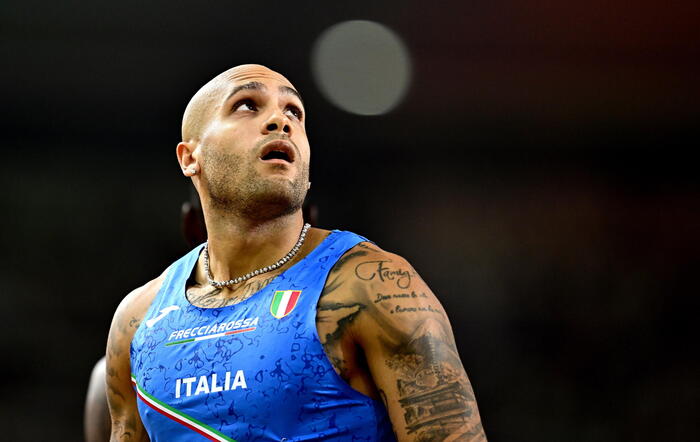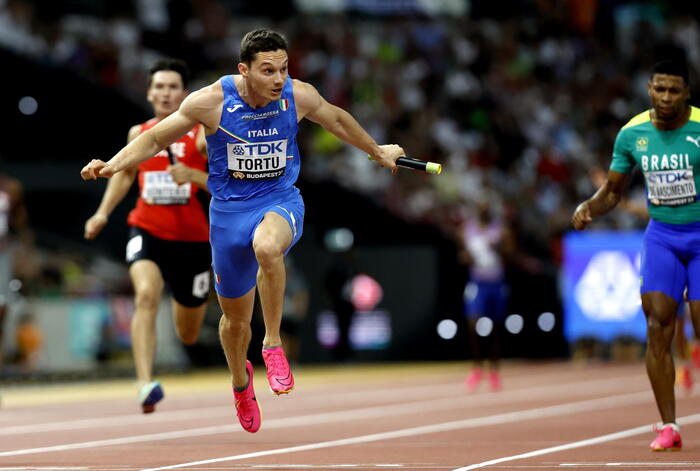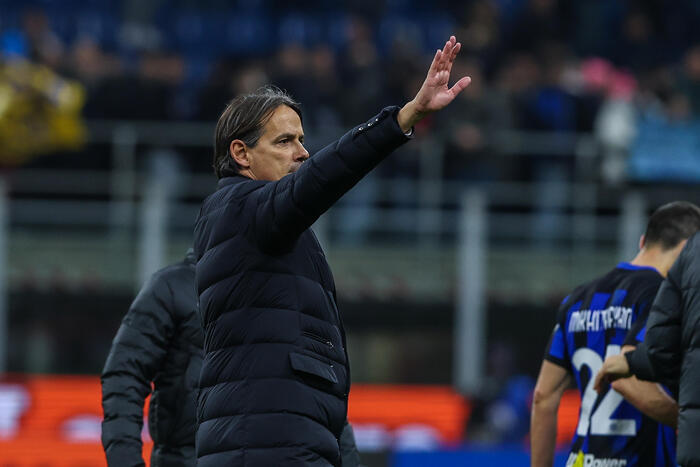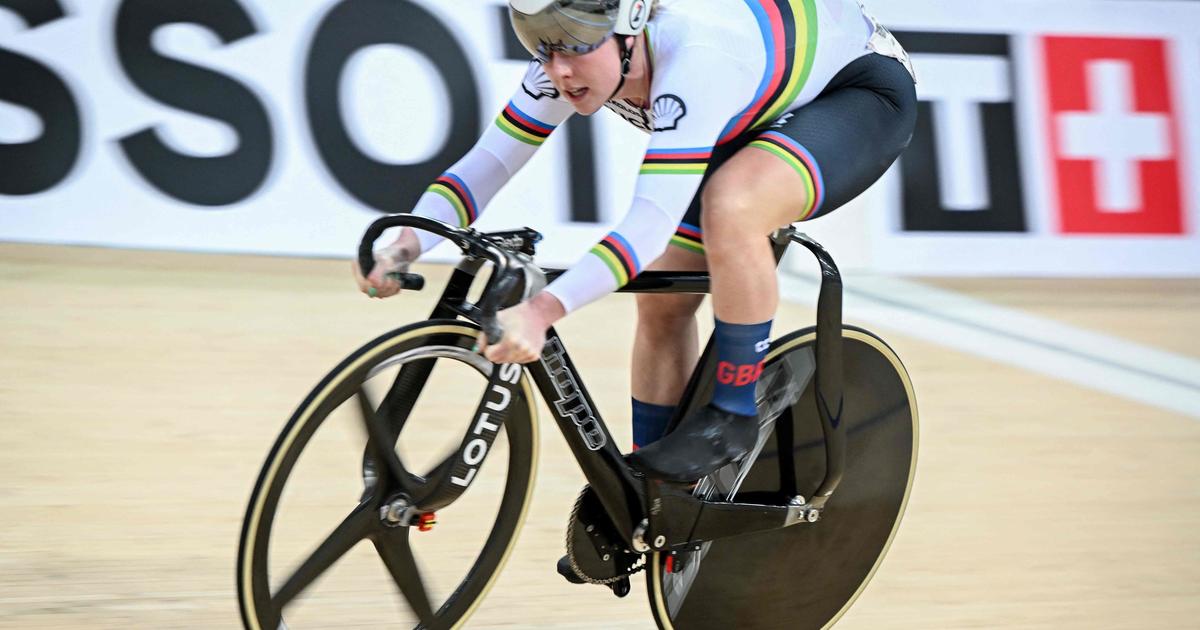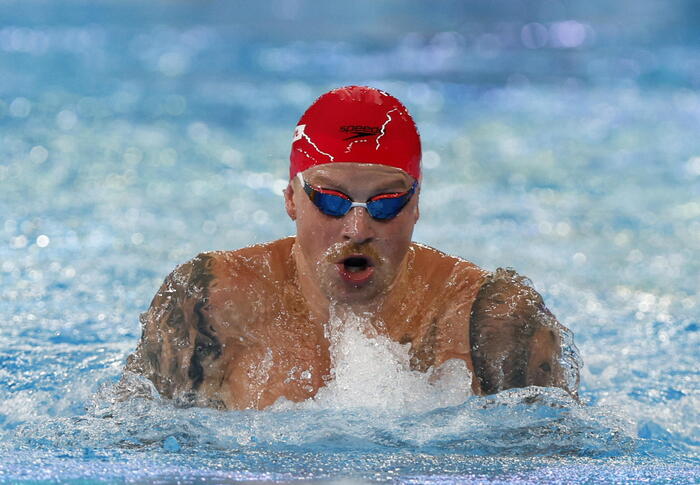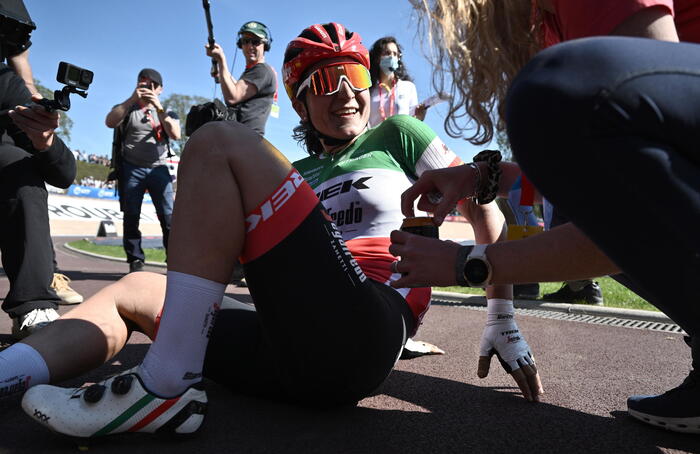When he puts his pointe shoes away, Lamont Marcell Jacobs, the brand new Olympic 100m champion of the Tokyo Games, will be able to claim to join the Walk of Fame dello sport italiano, a pedestrian route in Rome with plaques dedicated to former Italian sports athletes who have sparkled with a thousand lights on an international level.
Jacobs, who thus succeeds the legend Usain Bolt, he will join, in particular, two other stars of the sprint, Livio Berruti and Pietro Mennea, adorned with gold over 200 m. Now 82 years old, Berruti was a 21 spring chemistry student at the 1960 Rome Olympics. Credited with an excellent time of 20''5 in the semifinals, he was advancing towards his destiny escorted by a status of outsider. On the U-turn, the child from Turin, recognizable with his dark glasses and white socks, preceded on September 3 the American Lester Carney and the French Abdoulaye Seye.
This Olympic title marked the peak of his career.
Four years later in Tokyo, he finished 5th in his favorite distance.
Livio While the Worlds did not exist (they were born in 1983), Berruti also participated three times in the European Championships, with the best place, a ... seventh place in 200 m in 1966.
Twenty years after this Roman triumph, the peninsula would fall in love with another sprinter, a certain Pietro Mennea.
Unlike Berruti, the latter was not unknown when he landed at the Olympic Games in Moscow in 1980. Bronze medalist in Munich in 1972 behind Borzov and Black, Mennea was above all the world record holder for the 200m since September 12, 1979 in Mexico City (19′'72).
This mark will last for 17 years until the advent of Michael Johnson, winner of this time during the American selections in 1996 (19 ″ 66).
The doping spectrum
Died in 2013, Mennea, with a rather modest size (1.77m, 69 kilos), but with incredible speed, won on July 28 at the Luzhniki stadium in Moscow in front of the Briton Allan Wells.
For the record, the United States were absent because of a boycott of the Olympics organized by the USSR.
Even today, Mennea and the "finger of God", as he called it, the one he pointed systematically as he crossed the finish line with each of his victories, remains in the hearts of Italians. .
Two years later, in 1982, at only 30 years old, "the arrow of the south" bowed out in order to focus on political science studies.
He was to sign a first winning return to the Helsinki Worlds, just a few months later, with a bronze medal in the 200m, and a silver charm in the 4x100m.
A second comeback attempt was less successful at the Seoul Olympics in 1988.
In the meantime, Mennea has, however, been showered somewhat by the specter of doping.
A scourge that he slays first and designates as one of the reasons that pushed him to stop, before going to confession himself and admitting to having had recourse to growth hormones.
A graduate in political science, but also in law, motor education sciences, philosophy and letters, Mennea taught at the Faculty of Chieti. The only athlete to have played four consecutive Olympic finals over 200m; he was also MEP from 1999 to 2004.


